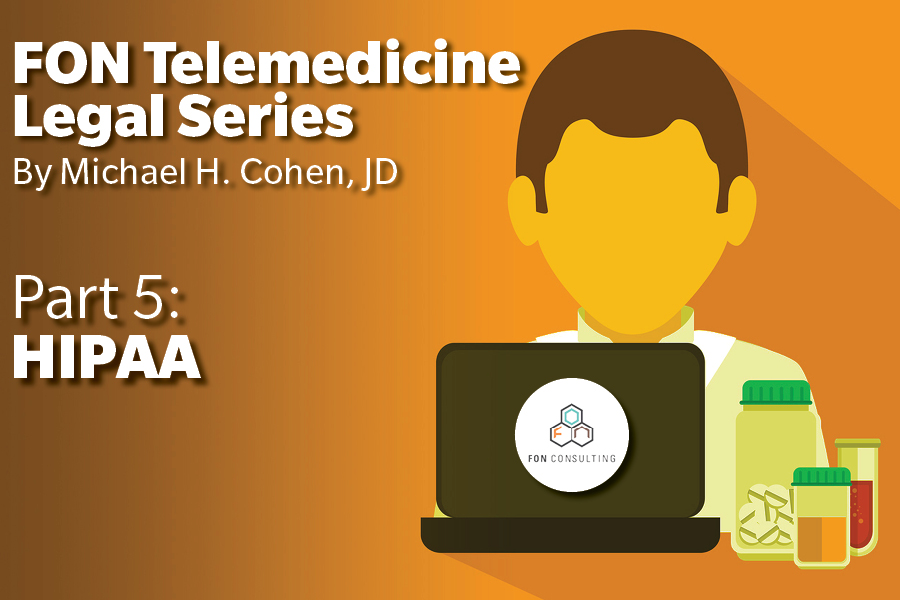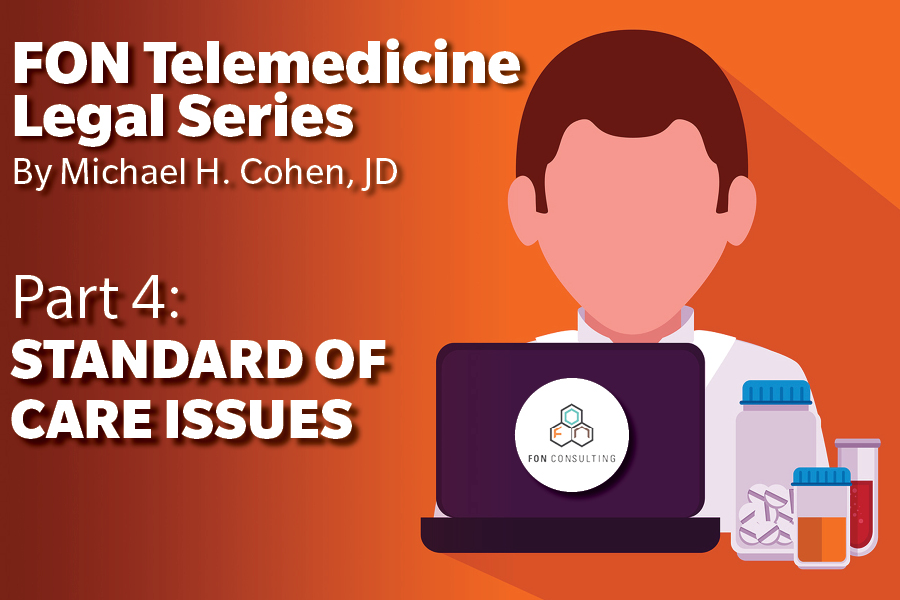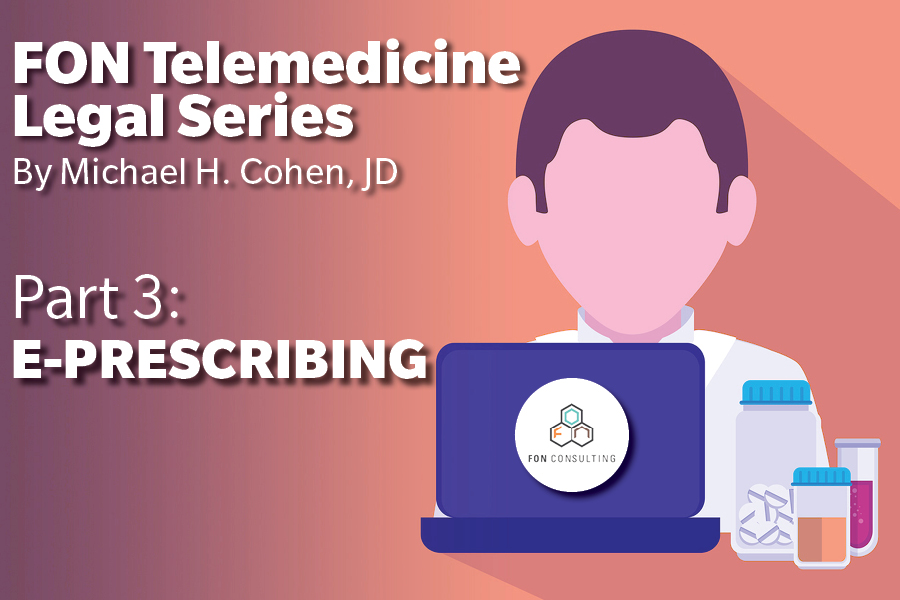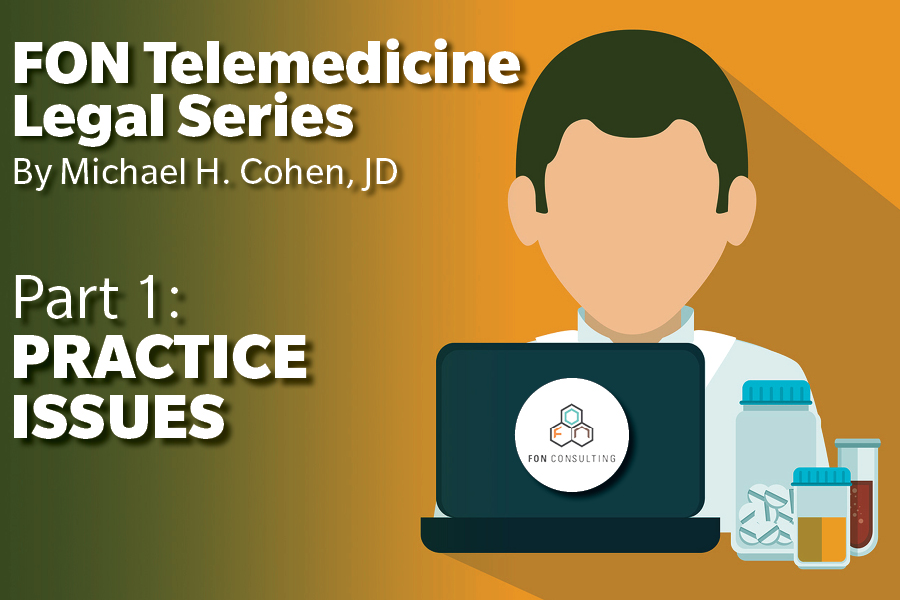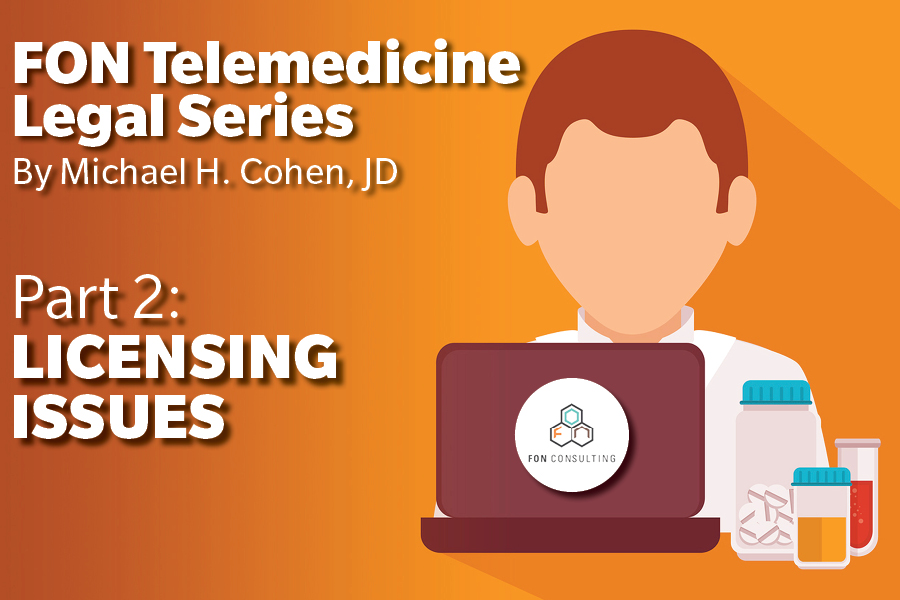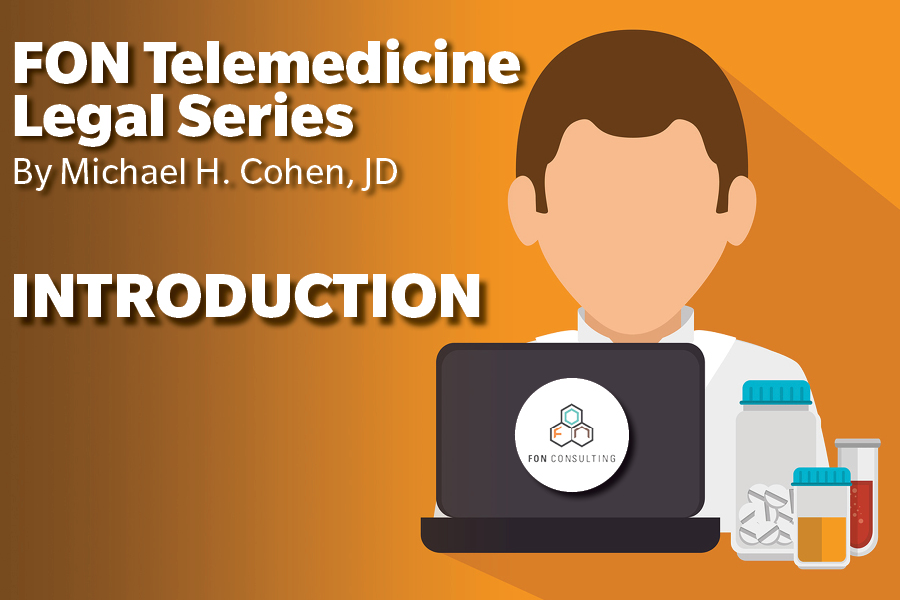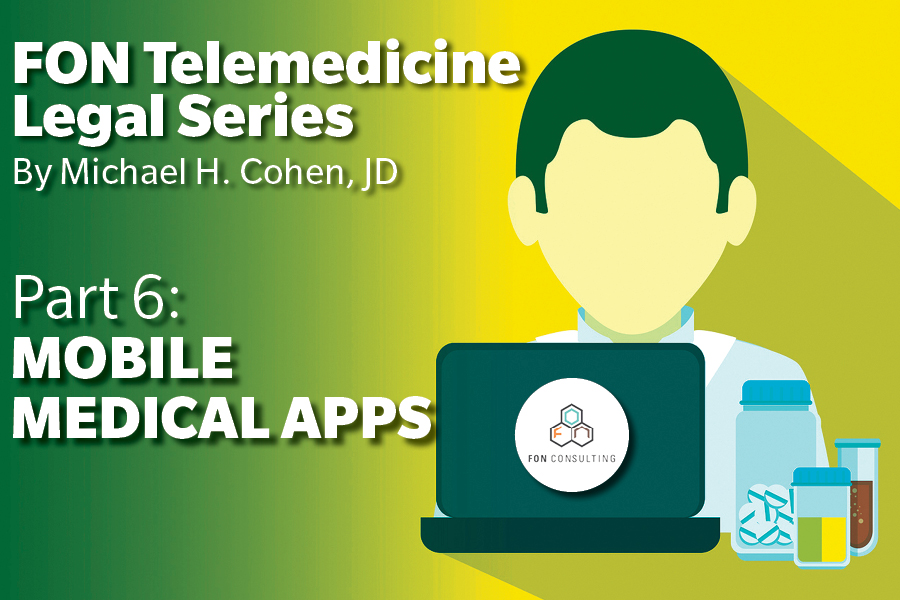
Telemedicine Legal Series—Part 6: Mobile Medical Apps
By Michael H. Cohen In this Series:IntroductionPart 1: Practice IssuesPart 2: Licensing IssuesPart 3: e-PrescribingPart 4: Standard of Care IssuesPart 5: HIPAA IssuesPart 6: Mobile Medical AppsPart 7: Unlicensed Practice, Fee-Splitting, and other Legal HazardsConclusion When medicine is practiced through an app installed on a mobile device, do different rules apply? How does the law regulate telemedicine via the app, and the app itself? Mobile Apps as a Telemedicine Platform In

